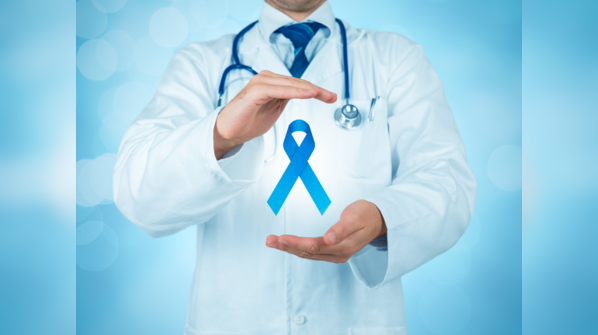
1/11
8 evidence-backed ways to reduce your cancer risk
While genetics plays a role, lifestyle choices can significantly reduce your risk of developing cancer. Experts recommend the following science-supported habits:
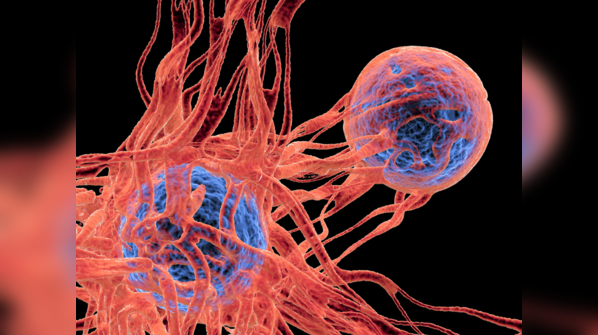
2/11
What is cancer?
Cancer is a collection of diseases characterized by the uncontrolled division and growth of abnormal cells in the body. These abnormal cells can invade adjacent tissues and may penetrate other locations in the body via the bloodstream or lymph vessels. This is a process called metastasis.
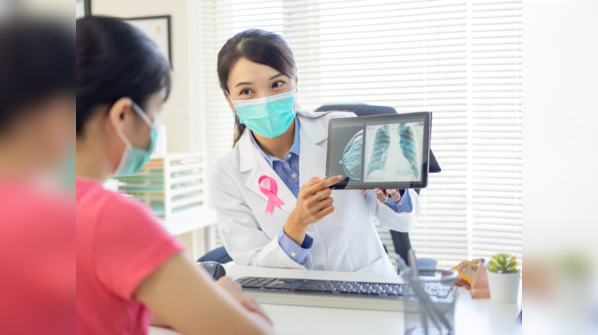
3/11
Symptoms of cancer
Persistent fatigue, unusual lumps or swelling, and skin changes like dark spots or yellowing can be early signs of serious health issues. A lingering cough, trouble breathing, difficulty swallowing, or chronic indigestion may indicate internal problems. Changes in bowel or bladder habits should also not be ignored, as they could signal underlying diseases, including cancer.
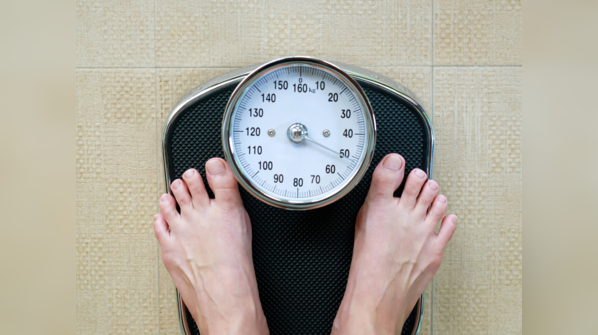
4/11
Maintain a healthy weight
Carrying excess body fat brings on chronic inflammation and imbalances in hormones, significantly raising the risk for cancers like breast, colorectal, and pancreatic. Controlling weight by healthy eating and regular physical activity enhances metabolic well-being and reduces insulin resistance, both associated with cancer risk reduction. Having a healthy weight also protects the immune system and overall well-being.
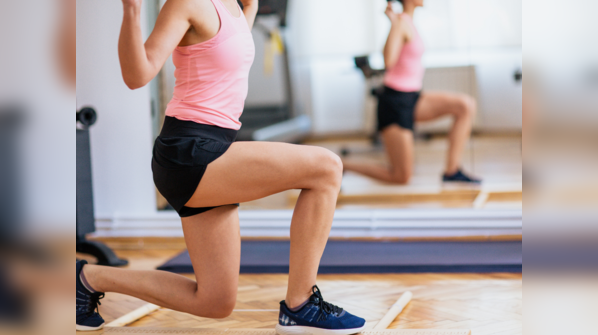
5/11
Be physically active
Exercising at least 150 minutes of moderate-intensity per week assists in controlling hormones such as insulin and estrogen, which impact cancer growth. Physical exercise also boosts the immune system, aids digestion, and diminishes inflammation. Aside from cancer prevention, it contributes to heart well-being and mental health and minimizes the risk of diabetes and obesity.
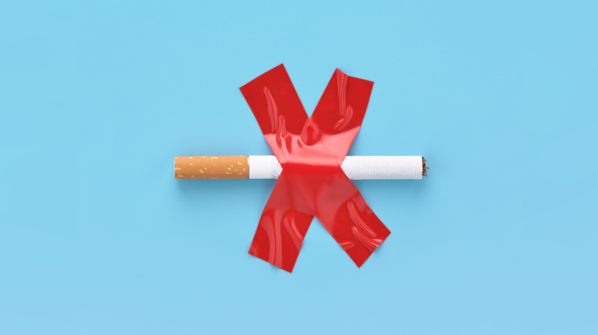
6/11
Avoid tobacco
Cigarette and tobacco consumption result in DNA mutations and harm almost all organs, and it is the number one preventable cancer cause. Stopping tobacco reduces the risk of lung and other cancers significantly over some time. Secondhand smoke avoidance protects family and friends from carcinogenic chemicals as well.
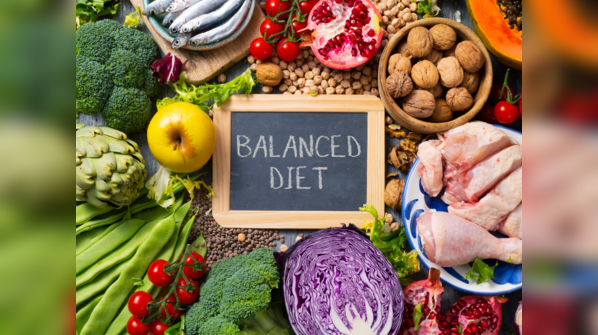
7/11
Eat a healthy diet
Consuming fruits and green vegetables provides antioxidants, vitamins, and fiber that shield cells from harm. Legumes and whole grains support digestion and keep blood sugar healthy. Cutting back on processed and high-fat meats reduces exposure to carcinogens created in processing and cooking, reducing cancer risk.
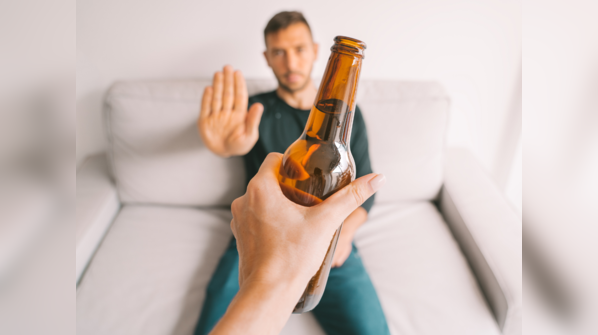
8/11
Limit alcohol use
Alcohol is metabolized into acetaldehyde, a poisonous chemical that harms DNA and protein, boosting cancer risk. Excessive alcohol consumption also compromises liver function and nutrient absorption. Even moderate alcohol consumption increases breast cancer risk in women, so moderation and a healthy diet are important.
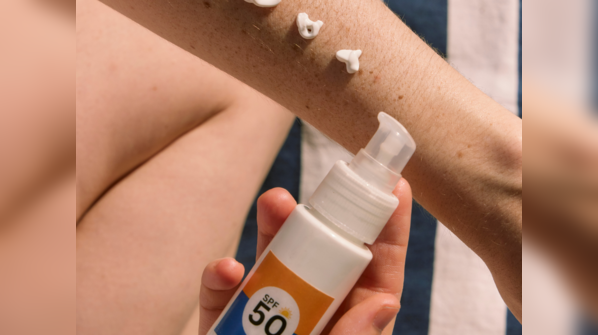
9/11
Protect your skin
Skin cancer is one of the most prevalent and avoidable cancers. DNA damage occurs in skin cells due to UV radiation, causing mutations and cancer. Regular use of sunscreen, prevention of exposure to tanning beds, and covering with hats and UV clothing can lower the risk. Early warning signs are detected with regular skin checks.
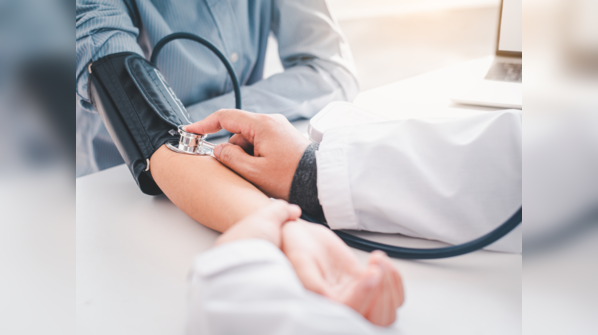
10/11
Go for regular screenings
Screening tests identify early cancers or precancerous diseases before symptoms start, enhancing treatment rates. For instance, breast cancer can be detected early through mammograms, and colonoscopies can detect polyps before they become cancerous. Talk to health care providers about screening intervals according to your personal risk factors.
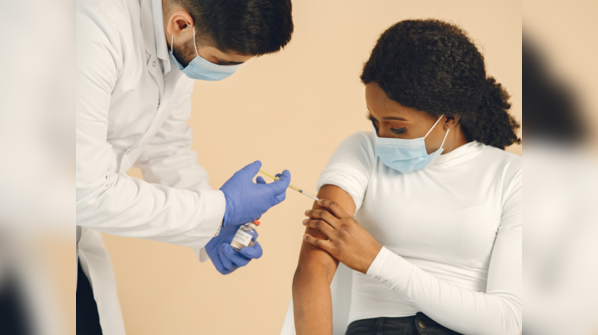
11/11
Get vaccinated properly
HPV vaccination avoids cervical, anal, and oropharyngeal cancer induced by high-risk virus strains. Hepatitis B immunization avoids chronic infection that can result in liver cancer. Being up to date with vaccines is a straightforward but potent means to reduce cancer risk due to infectious causes.
Follow Us On Social Media

 13 hours ago
41
13 hours ago
41


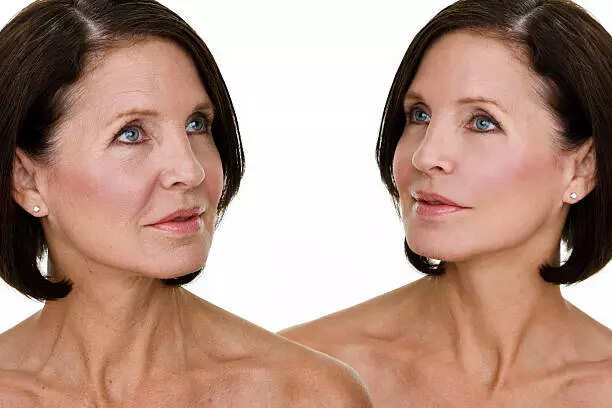

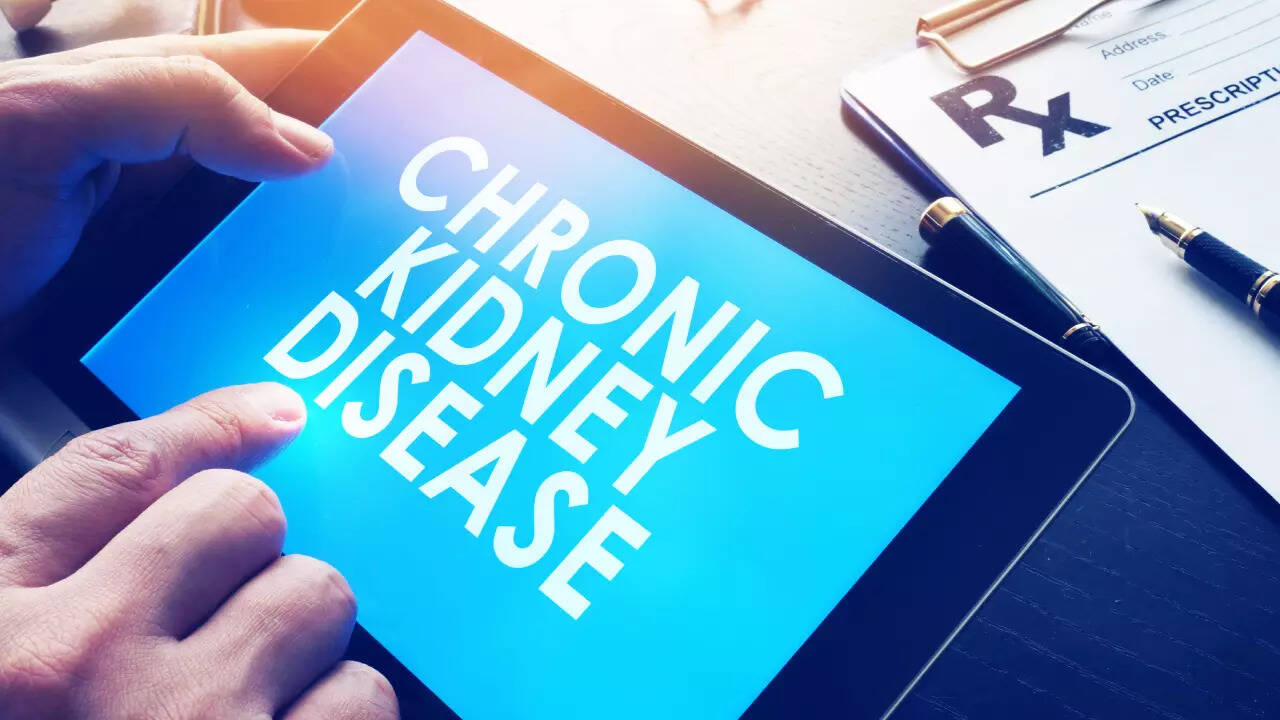


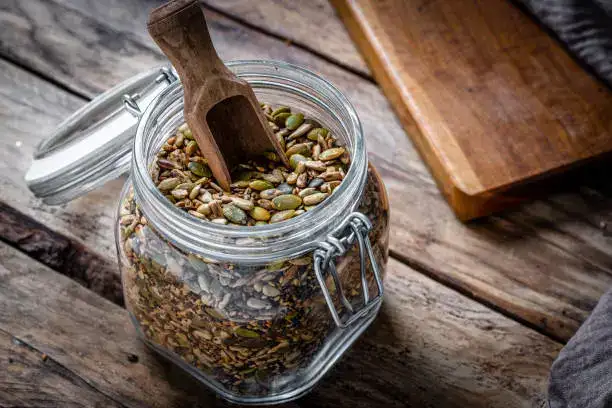




















 English (US)
English (US)